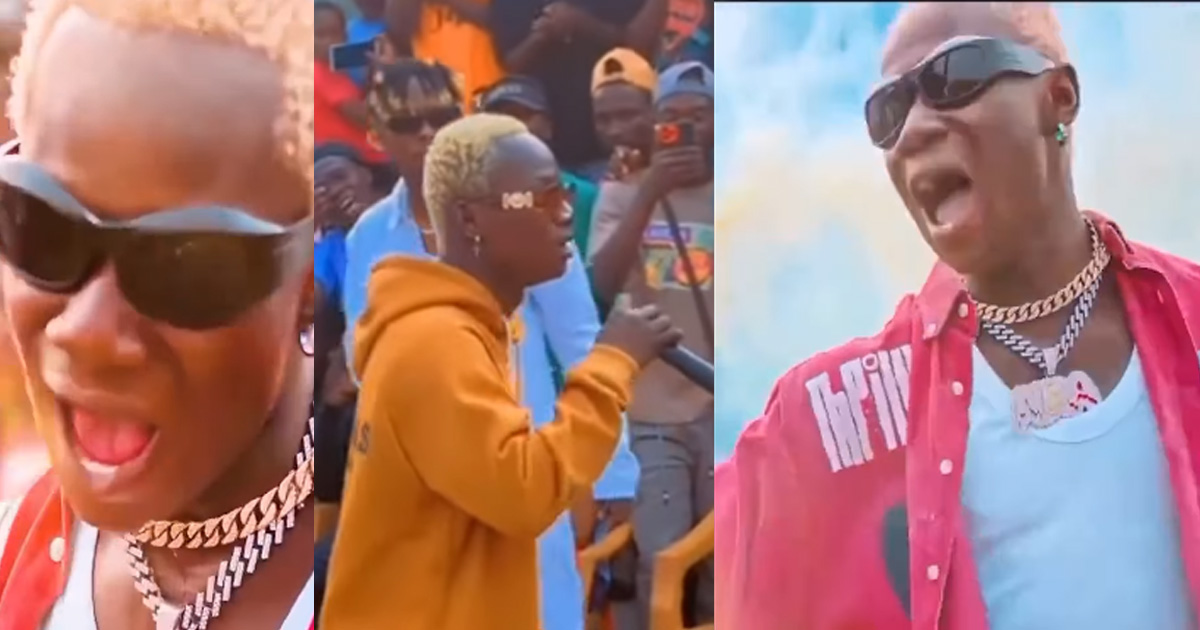
CONGO MUTE RAPPER GOES VIRAL FOR “AHH AHH AHH” LYRICS

In a surprising turn of events, a talented rapper from the Democratic Republic of Congo MC baba has become an overnight sensation, captivating the attention of music lovers and social media enthusiasts alike. The artist’s latest music video has gone viral, not for its lyrical complexity or poetic depth, but for its innovative approach to rap music.
The Congolese rapper’s unique selling point lies in his decision to abandon traditional lyrics, instead opting for a series of rhythmic vocalizations, including the now-infamous “Ahh Ahh Ahh” refrain. This unorthodox approach has sparked a frenzy of interest online, with fans and critics alike scrambling to understand the inspiration behind this bold creative choice.
Despite the lack of traditional lyrics, the rapper’s music video has managed to transcend language barriers, resonating with audiences from diverse cultural backgrounds. The infectious beats and rhythms have become the focal point of the song, allowing listeners to connect with the music on a primal level.
The rapper’s rise to fame is a testament to the power of social media, with his video quickly racking up millions of views and shares across various platforms. As the internet continues to buzz with excitement, many are left wondering what inspired this unconventional approach to rap music.
While some have praised the rapper’s innovative spirit, others have been more critical, questioning the artistic merit of a song that relies so heavily on vocalizations rather than meaningful lyrics. Regardless of one’s opinion, it is undeniable that the Congolese rapper has tapped into something unique, sparking a global conversation about the nature of music and its ability to transcend cultural and linguistic boundaries.
As the world continues to grapple with the implications of this viral sensation, one thing is certain – the Congolese rapper’s bold experiment has left an indelible mark on the music industry, challenging our assumptions about what constitutes “good” music and pushing the boundaries of creative expression.
Music Rape
Comments
Leave a comment in Nestia App